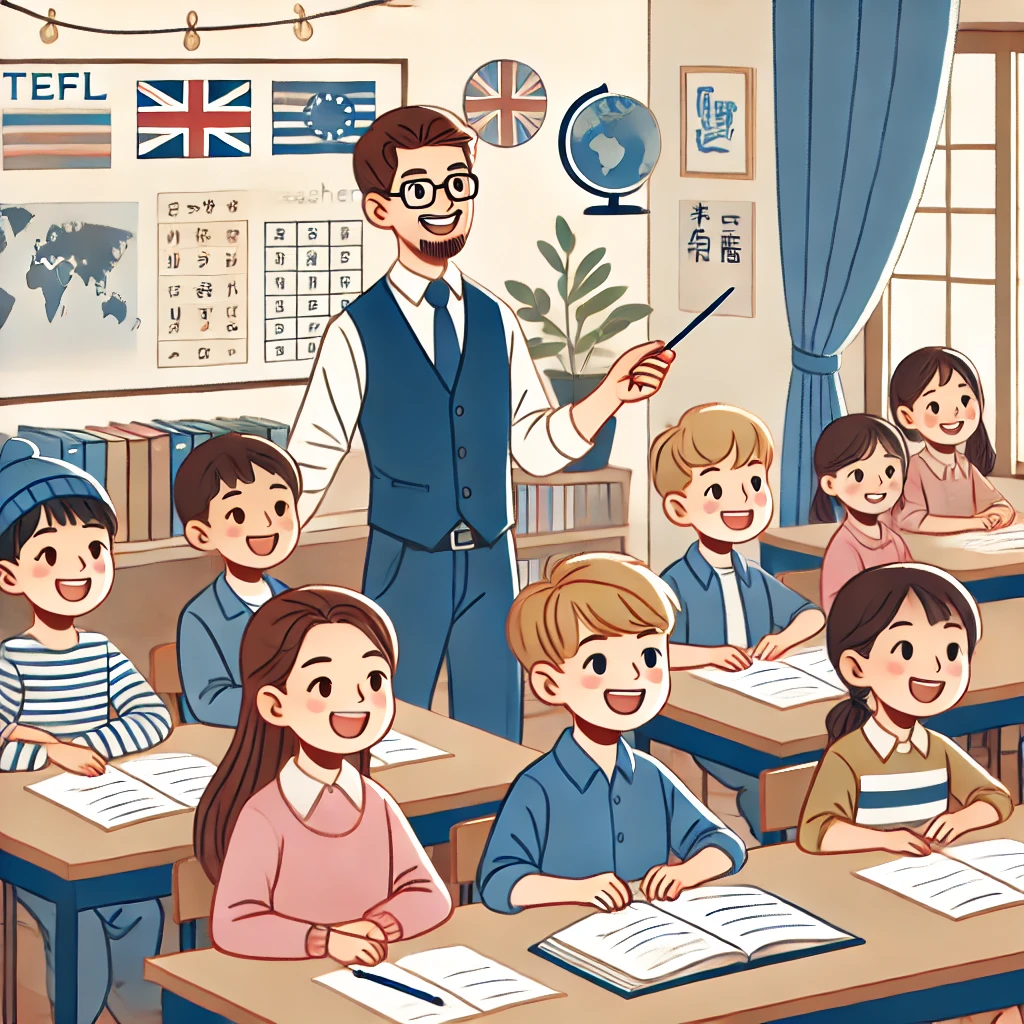Elevate your teaching career with professional qualifications in the United States. From earning a Teaching English as a Foreign Language (TEFL) or Teaching English to Speakers of Other Languages (TESOL) certification to pursuing advanced degrees in education, there are various pathways to enhance your expertise and impact as an educator. Whether you are looking to teach English language learners in a classroom setting or seeking to broaden your teaching skills, professional qualifications can open up new opportunities and enrich your teaching practice.
Table of contents
1. **Why Professional Qualifications Matter**
2. **TEFL and TESOL Certification**
3. **Advanced Degrees in Education**
4. **Specialized Training Programs**
Why Professional Qualifications Matter
Professional qualifications are essential for educators looking to advance their careers and make a meaningful difference in the lives of their students. With the increasing demand for qualified teachers who can effectively support diverse learners, having the right credentials can set you apart in the competitive job market. Professional qualifications not only demonstrate your commitment to continuous learning and professional development but also equip you with the knowledge and skills needed to excel in the field of education.
TEFL and TESOL Certification
TEFL and TESOL certification are valuable credentials for educators interested in teaching English language learners. These certifications provide comprehensive training on language teaching methodologies, classroom management techniques, and cultural awareness, preparing educators to effectively teach English to non-native speakers. Whether you are a seasoned teacher looking to specialize in English language instruction or a new educator seeking to expand your skill set, a TEFL or TESOL certification can enhance your teaching practice and broaden your career opportunities.
Advanced Degrees in Education
In addition to TEFL and TESOL certification, pursuing advanced degrees in education can further deepen your knowledge and expertise in the field. Whether you choose to pursue a master's degree in education, a Doctor of Education (Ed.D.) degree, or a Ph.D. in a specialized area of education, advanced degrees can open up new possibilities for career advancement and leadership roles in education. Advanced degrees also provide opportunities for research, professional networking, and ongoing professional development, allowing you to stay current with the latest trends and best practices in education.
Specialized Training Programs
Apart from traditional certifications and degrees, specialized training programs offer educators the opportunity to gain expertise in specific areas of education. From specialized endorsements in bilingual education or special education to training programs in technology integration or literacy instruction, these programs allow educators to develop specialized skills and knowledge to meet the diverse needs of their students. Specialized training programs can be a valuable addition to your professional qualifications, enhancing your teaching practice and making you a more effective and versatile educator.
In conclusion, professional qualifications play a crucial role in the career development and success of educators in the United States. Whether you choose to pursue TEFL and TESOL certification, advanced degrees in education, or specialized training programs, investing in your professional development can help you achieve your career goals and make a positive impact in the field of education. Stay competitive in the ever-evolving education landscape by acquiring the necessary qualifications and expertise to thrive as an educator.
TEFL Certification Phnom Penh - ✔️ ✔️ ✔️ TEFL Cambodia TEFL Articles





